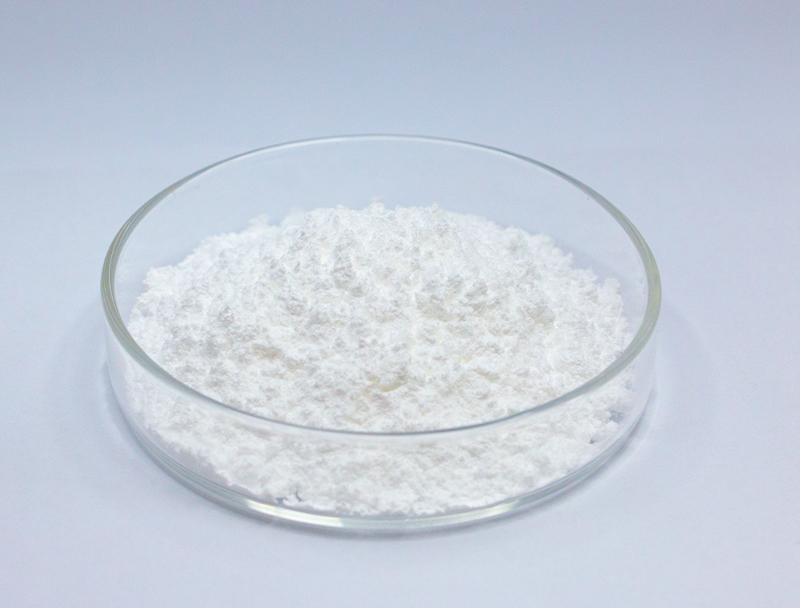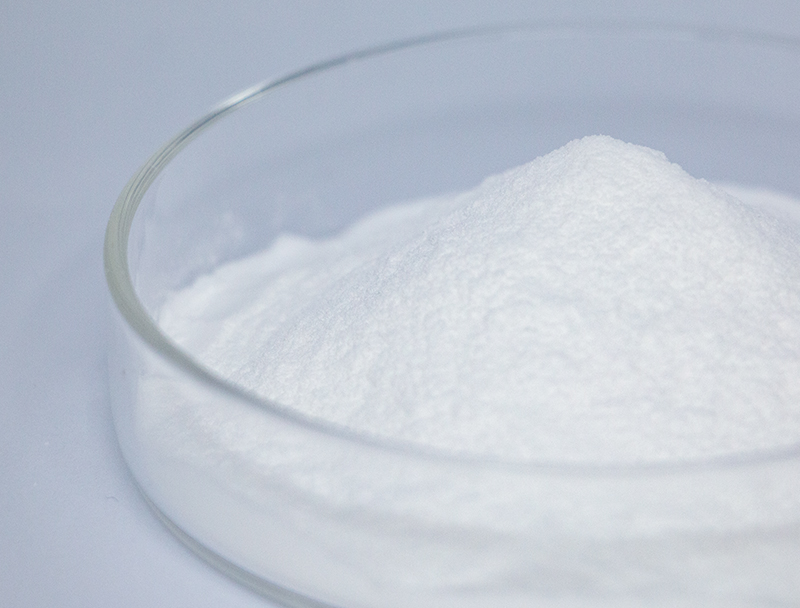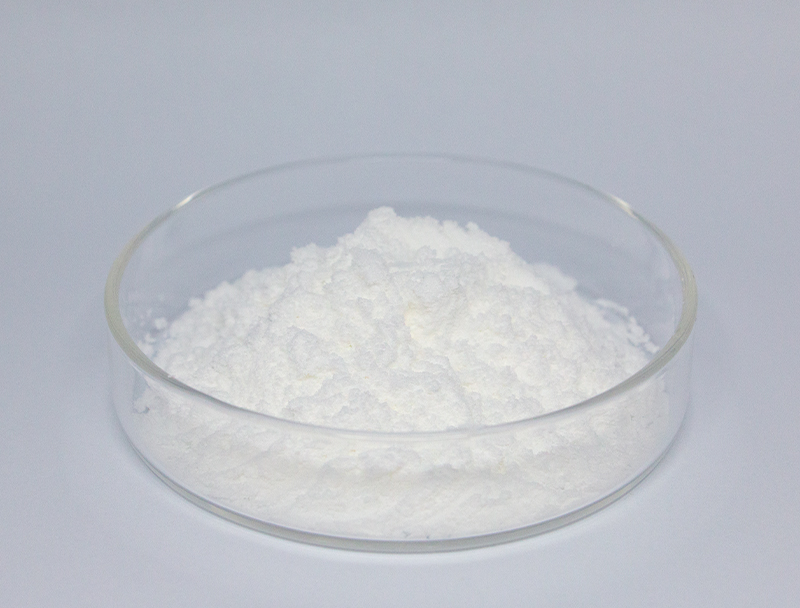
Biomanufacturing relies heavily on an extensive collection of raw materials to manufacture advanced biological products.
Safeguarding the sustainable sourcing of these resources underpins enduring viability and ethical market growth.
various risks tied to conventional feedstock acquisition including biodiversity loss and excessive resource use. Thus, organizations must explore circular sourcing options to lessen environmental harm.
- Representations of ethical supply approaches are:
- Leveraging biomass from food-processing residues
- Operating reuse-focused platforms to lower discard and increase efficiency
- Partnering with local suppliers committed to ethical sourcing practices
This shift towards sustainable raw material sourcing is not only environmentally beneficial but also economically viable in the long run.
Refining Biomass Sources to Enhance Fuel Conversion
Improving fuel production performance hinges on the attributes of biomass inputs. Technologists actively pursue refinements to increase feedstock efficiency, resulting in superior production volumes and sustainable energy gains. Tactics include molecular breeding to increase biomass and chemical or physical pretreatments to release sugars.
- Likewise, initiatives explore candidates such as algal biomass, process wastes, and agricultural leftovers to extend sustainable feedstock availability for fuels.
- By means of ongoing innovation the biofuel sector can achieve substantial advances soon, shaping a cleaner energy future.

Next-Generation Upstream Methods in Biopharmaceuticals
covers the early phases of biopharma production including culturing and biological harvesting Recent progress has advanced techniques that maximize productivity and increase output.
Important innovations consist of upgraded cell platforms, customized nutrient matrices, and smart bioreactor solutions. These innovations not only enhance productivity but also minimize production costs and environmental impact.
- Moreover, continuous manufacturing adoption is enabling dynamic control and greater adaptability in upstream workflows.
- The progression to advanced biomanufacturing approaches should modernize the field and quicken therapeutic progress.

Advances in Gene Editing to Boost Therapeutic Production
breakthroughs in precise gene modification systems have reshaped biopharma production. By precisely targeting genes within host organisms, researchers can enhance the yield of valuable therapeutic proteins. This capability can unlock development of cost-efficient, high-performance biologics for many conditions.
Biodegradation Strategies Using Targeted Microbial Cultures
novel biological remediation techniques leveraging microbial metabolisms for pollution control. Engineered and natural microbes can attenuate pollutants via metabolic conversion.. Harnessing microbe-based degradation fosters cleanup tactics that minimize environmental disruption and residual waste.. Researchers screen diverse microbial taxa for metabolic pathways suited to remove heavy metals, pesticide residues, and hydrocarbon contamination.. The microbes may be applied within engineered 2-Ketoglutaric acid reactors or in situ to catalyze pollutant degradation via biotransformation..
Microbe-based remediation provides compelling advantages over standard remediation methods. The approach tends to lower treatment costs and avoids producing toxic residuals. Additionally, microbial tactics can target contaminants selectively while preserving surrounding ecological systems. Work in this area evolves rapidly to optimize the success rates and scalability of bioremediation solutions.
Digital Methods Accelerating Pharmaceutical Discovery
Bioinformatics techniques are integral to present-day therapeutic development workflows. By analyzing biological data to select and improve leads, computational methods support efficient drug development.
- Through evaluating comprehensive genomic, proteomic, and clinical data, teams detect novel targets and predict drug action.
- Additionally, simulation tools enable prediction of binding and activity, guiding creation of more potent drugs.
- Ultimately, informatics is transforming R&D and shortening timelines to deliver safe, efficacious therapies to patients.
Metabolic Engineering Strategies for Enhanced Bioproduct Synthesis
deploys several tactics to elevate cellular production of valuable biochemicals. Methods might combine targeted gene changes to rechannel flux, regulatory element design to control expression, and exogenous gene introduction to provide fresh capabilities.. Through careful adjustment of metabolic routes engineers can markedly elevate product titers.
Such holistic engineering could impact many areas including medical therapeutics, agricultural outputs, and biofuel production.

Challenges and Opportunities in Scaling Up Biopharmaceutical Production
Large-scale manufacturing brings notable difficulties together with growth opportunities. One major challenge is maintaining consistent product quality at increased scales. Solving it involves resilient control frameworks, high-resolution monitoring, and modern analytical tools.

One issue is the complexity of biopharmaceutical manufacturing processes, which often involve multiple steps.. Optimizing these processes for large-scale production can be a complex undertaking, requiring extensive research and technological innovation.. Nonetheless, the advantages can be major. Proper scaling can increase therapy supply, reduce expenses, and elevate profitability.
Numerous initiatives aim to tackle these scaling challenges. They encompass new process-improvement tools, in-line analytics for continuous oversight, and creative manufacturing approaches.
- Development efforts are also playing a crucial role in advancing biopharmaceutical production capabilities.
- Government agencies are streamlining review procedures to permit quicker uptake of new production technologies and foster innovation.
Understanding Regulatory Oversight to Ensure Biopharmaceutical Quality
The development of biopharmaceuticals is a complex process that requires stringent regulatory oversight to ensure both patient safety and product efficacy. Therapies derived from biological organisms carry special considerations not typical of conventional pharmaceuticals.
Bodies like FDA and EMA shape the regulatory landscape and set benchmarks for evaluating innovative therapies..
Strict validation and testing steps are required across the product lifecycle from lab studies to post-market oversight.. Such safeguards are intended to detect hazards and ensure therapeutics adhere to top-tier safety benchmarks..
In addition, regulatory entities adapt their frameworks to stay current with rapid research and technological developments.. Measures involve adopting innovative technologies and enabling development acceleration without compromising patient welfare.

Plant-Derived Feedstocks as a Route to Sustainable Bioplastics
Heightened demand for sustainable products accelerates efforts to develop renewable material alternatives. Among these, bioplastics, produced from plant-derived biomass feedstocks, offer a promising avenue towards a greener future. Plant inputs like corn-derived starch, cellulose derivatives, and sugarcane can be turned into degradable plastics that lessen environmental burdens.
Likewise, some plant-derived plastics perform similarly to petroleum-based materials for a variety of uses.. Continuous development will unlock plant biomass value for sustainable bioplastic production and support circular systems.
Biotech Innovations Addressing Health and Food Challenges
Biotechnology offers potent solutions for advancing public health and enhancing food security. Through advancements in genetic engineering, synthetic biology, and cell therapies, biotechnologists are developing innovative solutions to combat infectious diseases, improve crop yields, and enhance nutritional value.. Consider genetically enhanced crops that resist pests and environmental stresses to improve production and reduce pesticide reliance.. Additionally, biotech enables faster vaccine development, novel antimicrobials, and precise diagnostics critical to infectious disease control and health improvement.. As research progresses, biotechnology holds immense promise for creating a healthier and more sustainable future for all.
 5-Aminolevulinic acid
5-Aminolevulinic acid